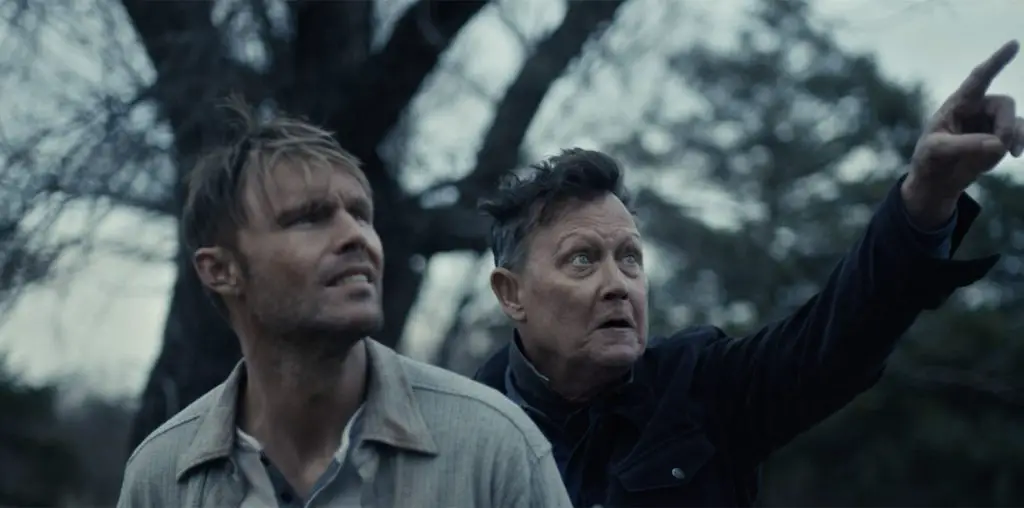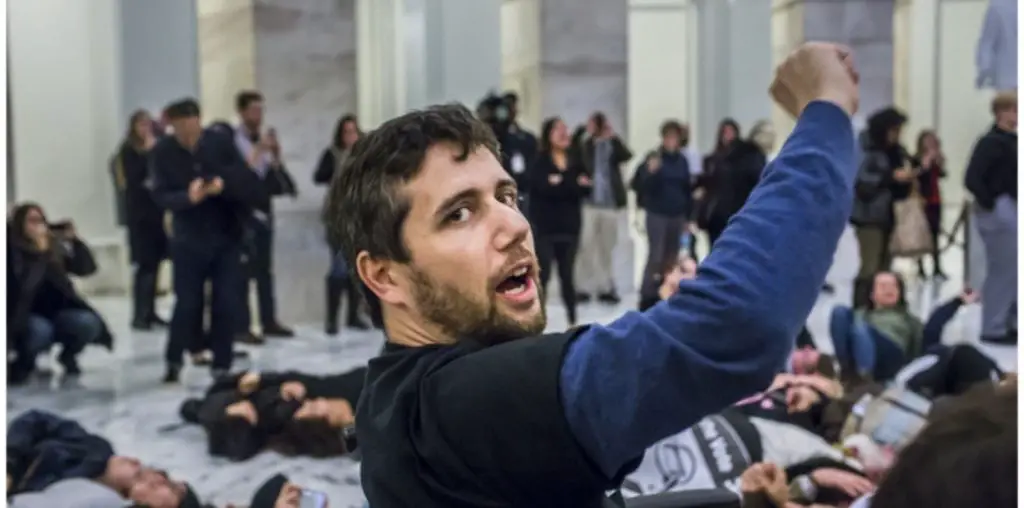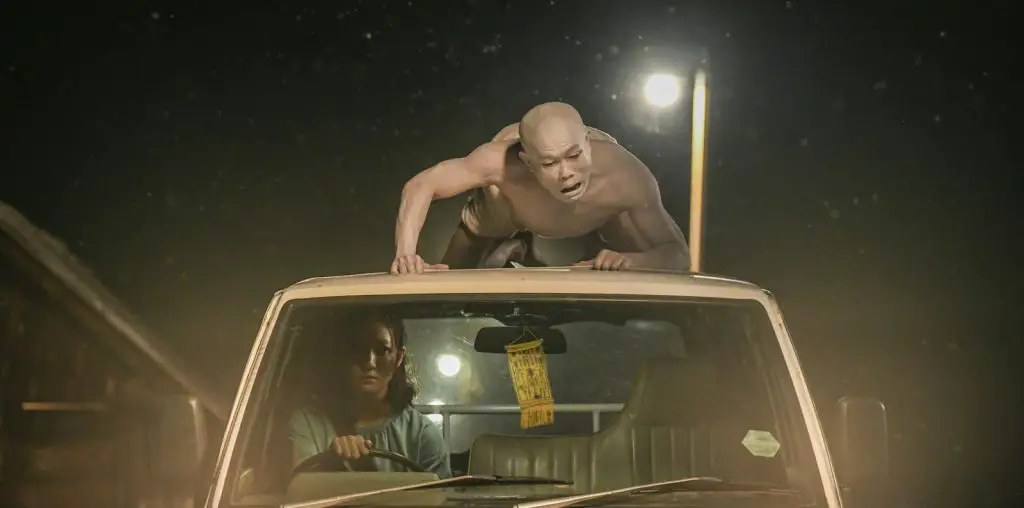
The pulp novels of American crime writers like Jim Thompson were declared works of literature in Europe decades before they were taken seriously in their own country. It was overseas where the cheap paperback thrills were first recognized as containing existential undertones while presenting the shadow side of the human condition. Jeannette Nordahl’s Wildland drives down the same unlit highways of lethal maternal bonds explored by Thompson but gets much further with the women doing the steering.
Ida (Sandra Guldberg Kampp) is a seventeen-year-old girl whose mother is killed in a car accident they were both in. Ida’s Aunt Bodil (Sidse Babett Knudsen) offers to take her in, which Ida is hesitant about as her mother never spoke of Aunt Bodil and kept away from that part of the family. However, Ida soon meets Aunt Bodil’s grown sons: the video game stoner Mads (Besir Zeciri), the disappearing/reappearing addict David (Elliot Crosset Hove), and the heavily tattooed new father Jonas (Joachim Fjelstrup), who has an eerily calm demeanor. They go through welcoming rituals Scandinavian style: doing shots in raver bars, as teens can drink legally in Denmark.
Still reeling from her mother’s death, she bonds with her new family, particularly Jonas’s new baby and Anna (Carla Philip Roder), the woman David sleeps with but won’t call his girlfriend. Before long, Aunt Bodil sends out Ida with the boys to do some errands, which the teenager finds out entails beating people up for money. Soon Ida finds herself deeper and deeper in her adopted family’s criminal activities. Until one day, she is helping lure a fourth-grade girl into Jonas’s car. Soon Ida finds out what kind of nightmare she is growing up within and who she will become if she stays.
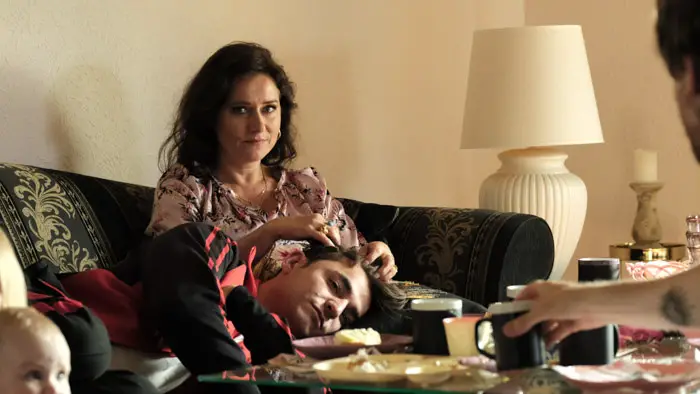
“…Ida finds herself deeper and deeper in her adopted family’s criminal activities.”
Wildland marks new territory in the dark frontier of criminal matriarchy films with the nuances brought in by the coming-of-age structure. The picture veers hard into the pain of coming into one’s identity when surrounded by destructive forces you are dependent on. It brings up how family support can nurture someone while also draining the life out of them via horrible obligations.
The cinematography by David Gallego perfectly captures the bleakness of this broken world while adding hidden intensity through lighting in the heavy sequences, reminiscent of some of the starker images by American photographer Nan Goldin. Frederikke Hoffmeier’s score is amazing, using ambient droning instead of traditional orchestra music to solidify a hopeless atmosphere. The screenplay by Ingeborg Topsoe, from her and director Jeannette Nordahl’s story idea, keeps the pacing tight, with Ida’s descent hurdling downward at a brisk pace.
Kampp gives a stellar performance, exuding the essence of a f****d up teenage girl in a f****d up situation, usually just with her looks. You really feel in her performance what it must be like to wake up finding you have been hatched from a dragon’s egg. Knudsen does an excellent job as the mother/boss, projecting a sensitivity that allows you to understand why she would command the loyalty that enables her to get her family to do awful things. Roder is also a stand-out. She effortlessly portrays the outsider who is intentionally kept away from what David has to get up to and how many drugs he is taking because of it.
Wildland is an exceptional feature debut by a talented woman director that you should keep an eye on. The emotional horrors of family life are explored deep down to the nerve. Ida’s story will be haunting you for days after viewing it. The film uses its pulp conventions to capture a troubled girl entering maturity with a smoldering intensity. I recommend this for those who seek the darker reflections in great cinema.
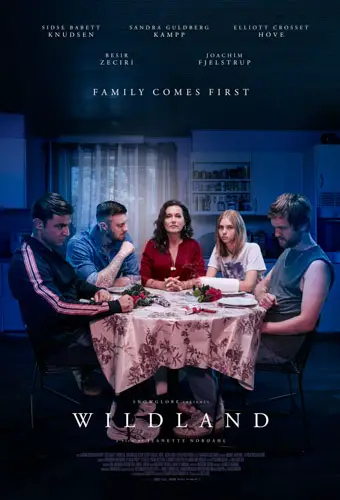
"…uses its pulp conventions to capture a troubled girl entering maturity..."
